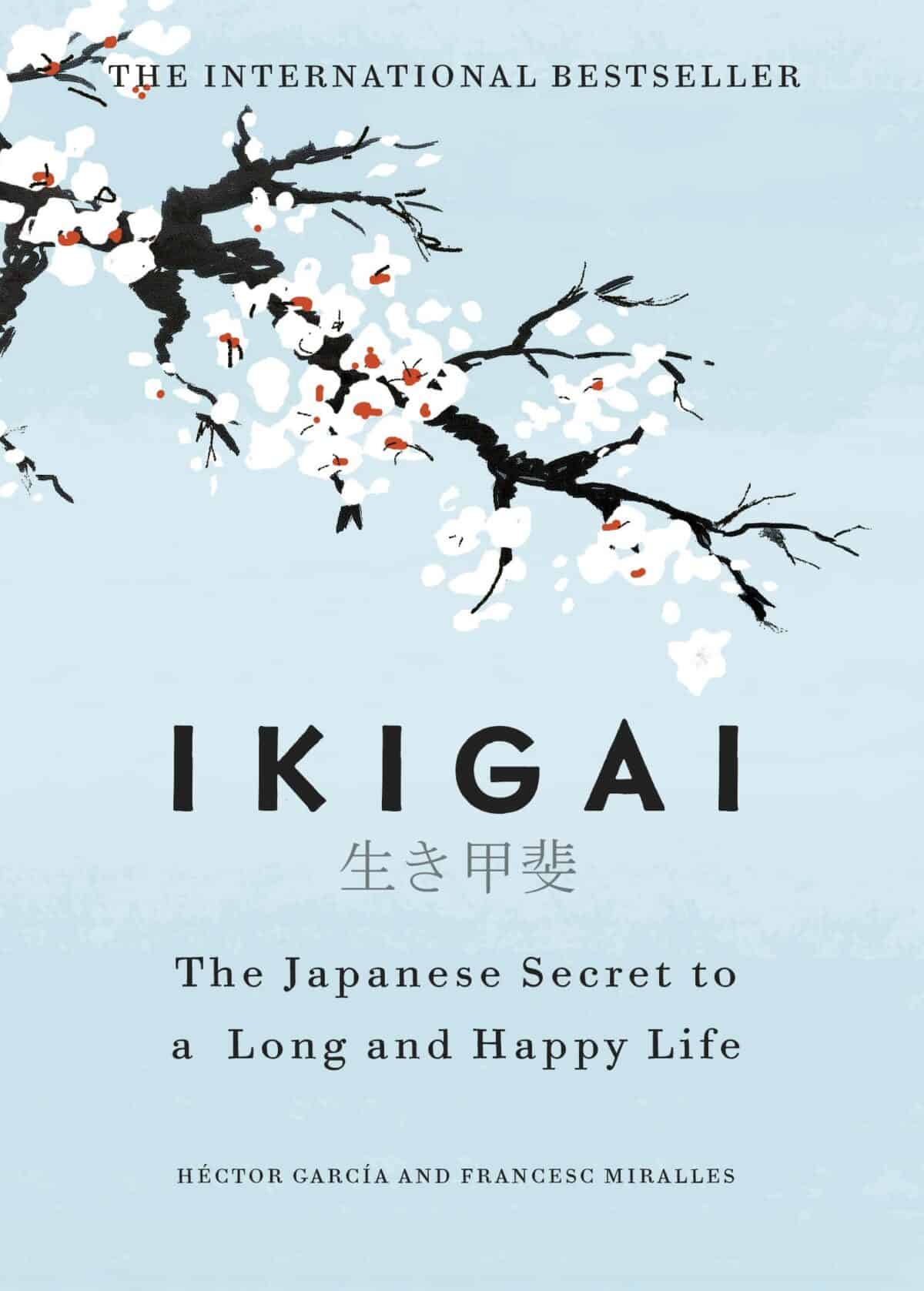I feel ecstatic all day. I love making sushi. That’s the spirit of shokunin.
Jiro Ono
There was a time when I was obsessed with existentialism. I had found The Great Courses lecture series by Prof. Robert Solomon on existentialism and I was hooked. After listening to the lectures on repeat for months, I realised that while it’s great fun to argue about subjective truth and meaning of life, there is very little practical advice to be gained from it. The only practical ‘tip’ – if tip is the right word for it – that I managed to obtain was Jean-Paul Sartre’s advice that an individual is responsible for his/her actions and no matter what the situation, you always have a choice. This is not the most popular tenet of existentialism because it’s much more fun to talk about the Übermensch and nihilism; responsibility is boring, with a capital B.1
The thing about existentialism is that it is inherently depressing. They do discuss pleasure but do it in such a way that none can be gained from reading it. This seems to me like a lopsided view of life. Surely, the meaning of life, if there is one, can be a bit more cheerful?
A turning point came when I spent six months in Japan and discovered the Japanese culture. It has the best mix of ancient traditions and modernity. It is one of the most advanced countries in the world and yet, it maintains the ancient traditions and philosophy with remarkable flexibility. And the best thing is that the Japanese outlook on life is anything but depressing.
The Japanese have a great concept called ikigai (生き甲斐). It’s your reason for being, your purpose in life. Once you have found your ikigai, you will not need an alarm clock to wake up in the morning. You will be up without the need of any external prompts.
The concept of ikigai is summarised beautifully in the book Ikigai: The Japanese Secret to a Long and Happy Life by Héctor García and Francesc Miralles. What follows is a short summary of some of the main points and my $0.02 as usual.
Whatever you do, don’t retire
Retiring early, in you mid-thirties or later, has been a popular topic of many articles recently. Their schemes may be sound financially. However, they leave an important question unanswered. Let us take an example. Tofu is 40 and has earned enough money and has enough sources of passive income to last him a lifetime and he retires. What is he going to do after that? I am assuming that Tofu used his talent and skill to earn his fortune and since he wants to retire, that talent was not his ikigai. Because you never want to retire from your ikigai. So unless Tofu has made some good plans to occupy his time, it’s going to be quite a boring life. No matter how beautiful the beach and how clear the waters, Tofu will get bored in a few months. What will he do after that?

There is no word equivalent to ‘retire’ in Japanese. Many Japanese people keep doing what they love until their health allows. If you love what you do, don’t retire. If you don’t love what you do, go find your ikigai.
Movement rules
These days, going to the gym has become a synonym for being healthy. I have nothing against gyms but this notion is false and is mainly perpetrated due to commercial reasons. You can never go to the gym and be healthy, as the residents of Ogimi village near Okinawa island of Japan will testify. Ogimi has some of the longest living people in the world. When the authors visited this village, they attended a birthday party and the youngest person was 83. They did not find a single person sitting idle. Everyone was engaged in some sort of activity.
Movement is crucial. Our metabolism slows down by 90% after sitting down for 30 mins. A lot of sitting will age you faster. I look at it this way. Humans have been hunter-gatherers till about 10,000 years ago when agriculture was invented. Agriculture is physically quite demanding where one has to move constantly. It is only since the industrial revolution about 200 years ago that 9-to-5 jobs were invented and most of the population started sitting for most of the time. But our metabolism is still that of the hunter-gatherers. It has not adjusted to so much comfort. For the same reason, intermittent fasting is beneficial. Our bodies were not made for the availability of food in unlimited quantities, 24 x 7.
Microflow or how to do routine tasks
The authors recount a great anecdote about Nobel Laureate Richard Feynman. Thinking Machines, manufacturers of supercomputers, hired Feynman to work on development of a supercomputer. Feynman showed up bright and early on his first day and asked his boss about his assignment. They did not have anything prepared so they gave him an obscure mathematical problem. Feynman realised that they were giving him an irrelevant task to keep him busy. He refused and said, “Give me something real to do.” So they sent him to a nearby store to buy office supplies. He did it with a smile. Later, he also painted walls and soldered circuits.
What Feynman was practising is called microflow. It is related to the state of flow, where you are so immersed in a task that you forget your surroundings. Psychologist Mihaly Csikszentmihalyi has written a wonderful book on the subject. Flow and ikigai are closely related. When you have found your ikigai, you tend to enjoy not only tasks that you love but the mundane tasks as well. It’s like there is an energy source inside you the propels you to work. When this happens, all the techniques that are out there to ‘motivate you’ become unnecessary.
Mental workouts
Just as we need physical workouts, our brain needs lots of stimulation to stay in shape. Our neutrons start aging when we are in our twenties. When our brain is presented with new information, it makes new connections and is revitalised. The secret to keeping the body young is to keep the mind alive.
How to know you have found your ikigai
A telltale sign that you have not found your ikigai is this. It’s also the reason why #TGIF is so popular.
Your Sunday evening is ruined because you have to work on Monday morning.
I speak from personal experience. When I was doing research, it was interesting work and I enjoyed it intermittently. And yet, I used to dread Monday mornings, and start counting days till Friday evening. The work was interesting but my heart was not in it.
It took me some time to find my ikigai. First clue was that I love to write. Second was that I am interested in many, many topics. Combining these two, my ikigai became “learn, experience and write.” I no longer have Monday morning blues. In fact, the days of the week do not affect me at all. I feel the same on Friday evening or Monday morning. It’s a great feeling.2 As a result, I never have ‘plans’ for the weekend because the word has lost its meaning. I do things whenever I feel like and the time permits.
Great examples of people who have found their ikigai
If you look carefully, you will find many examples of persons who have found their ikigai around you. In his interview with James Lipton for Inside the Actors Studio, actor Russell Crowe said,
I would have done it on the back of a wagon in Shakespeare’s time. I would have been, you know, in that wagon that’s mentioned in Hamlet, you know? I would have been one of those players, pulling up, telling the story, and you know… I never cease seeing this thing as a privilege and seeing the opportunity to tell a people a story as a privilege. And I know that sounds all high-falutin’ and idealistic in a way, but *@$# it, man, I am.
Primatologist Jane Goodall dedicated her life to study of chimpanzees. In her book, Reason for Hope: A Spiritual Journey she says,
Together the chimpanzees and the baboons and monkeys, the birds and insects, the teeming life of the vibrant forest, the stirrings of the never still waters of the great lake, and the uncountable stars and planets of the solar system formed one whole. All one, all part of the great mystery. And I was part of it too. A sense of calm came over me. More and more often I found myself thinking, “This is where I belong. This is what I came into this world to do.”
Finally, there is Jiro Ono, the famous chef from Japan. His guest list reads like a Who’s Who, from Barack Obama to Hugh Jackman and Tom Cruise. Jiro came into limelight with the documentary Jiro Dreams of Sushi. He is 96 years young and still serves his customers personally at his restaurant in Tokyo.


